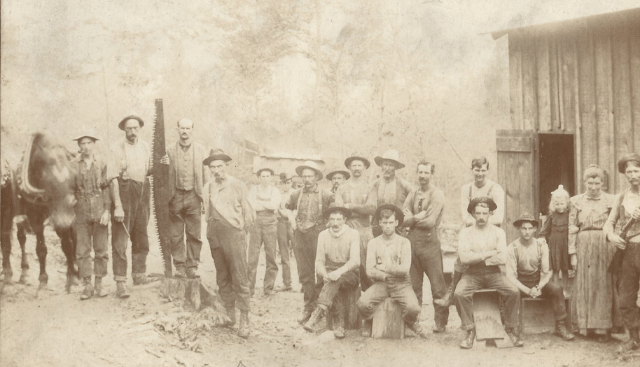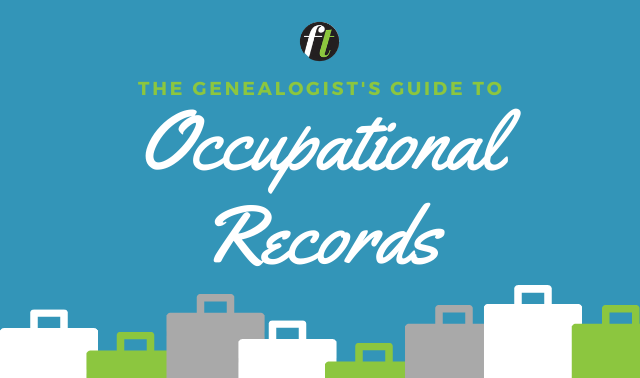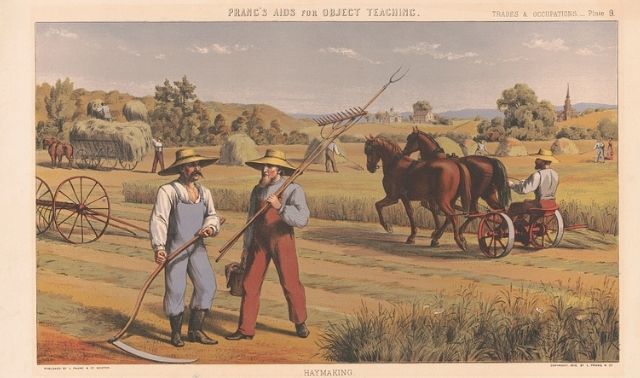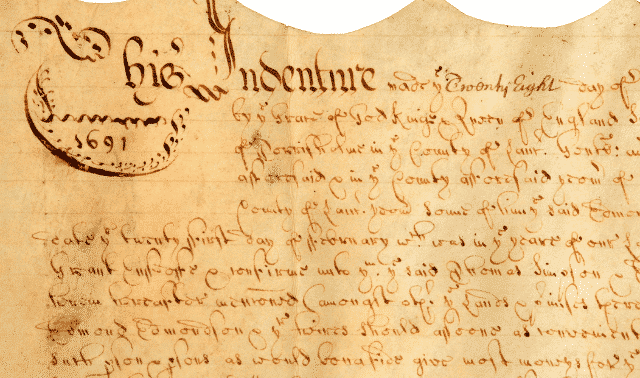Sign up for the Family Tree Newsletter! Plus, you’ll receive our 10 Essential Genealogy Research Forms PDF as a special thank you.
Get Your Free Genealogy Forms
"*" indicates required fields

Where Can I Find More Information about CCC Camp Rosters?
Q: My relative worked for the Civilian Conservation Corps in the 1930s. Where can I find more information about his time there?
A: The Civilian Conservation Corps was established March 21, 1933, as part of President Franklin D. Roosevelt’s New Deal legislation. By the time the CCC disbanded in 1942, when Congress ceased its funding, more than 2.5 million workers had participated. Their projects included building roads, bridges and lodges; planting trees and establishing trails in federal, state and local parks. This CCC bridge is in the Great Smoky Mountains National Park in Tennessee.
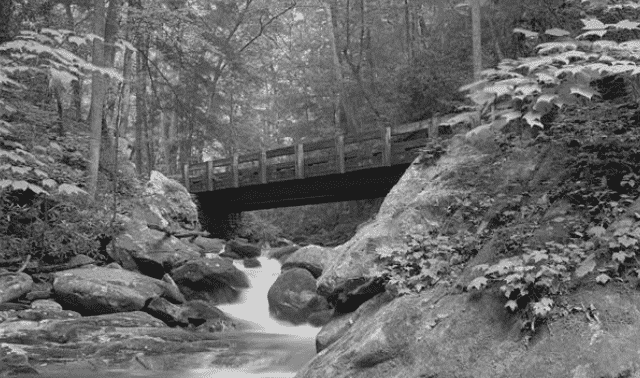
Civilian Conservation Corps Camps
The CCC was a multi-agency effort, with the Army running CCC camps and various federal agencies sponsoring them. More than 4,500 camps were established in all states. (Access a list of CCC camps by state here.) African Americans were segregated in “colored” camps. Each enrollee earned at least $30 per month, and had to send $25 of it home to family.
It’ll help your search if you know your ancestor’s camp and the dates he worked, so ask your family members and pore over your research for clues.
The Colorado state archives has a statewide CCC enrollment index you can search in its online Archive Search, which gives the enrollee’s name, county, birth date and camp.
Most administrative and other records—project reports, correspondence, the CCC’s Happy Days weekly newspaper, publicity materials, meeting minutes, photographs, accident and death reports—are part of Record Group 35 at NARA’s College Park, MD, facility.
Civilian Conservation Corps Worker Employment Records
Employment records of CCC workers are in the National Archives and Records Administration (NARA) National Personnel Records Center in St. Louis. You can fill out a research request. Provide as much information as possible, and send either a written OK from the person named in the record or proof of the person’s death.
Records of the separate Indian Division of the CCC are with Bureau of Indian Affairs records in NARA’s Seattle and Denver regional facilities.
The CCC records aren’t indexed and few are microfilmed. This National Archives blog post has excellent information on CCC worker research at the archives, as does the finding aid Preliminary Inventory of the Records of the Civilian Conservation Corps by Douglas Helms.
Civilian Conservation Corps Camp Newspapers
Some of the camps had newspapers. You can use the Center for Research Libraries online catalog of newspaper holdings (scroll down on the page) to search for titles relevant to your ancestors’ service. Virginia camp newspapers are being added to the Library of Virginia’s Virginia Chronicle website.
CCC History Websites and Resources
- Civilian Conservation Corps Legacy has historical information and listing of states and camps.
- NARA’s online article tells you about the formation and operation of the CCC.
- Donna Piontkouski blogs on What’s Past is Prologue about the CCC’s anniversary and suggests resources.
- CCC museums across the country are listed on this Wikipedia page
- The CCC Chronicles: Camp Newspapers of the Civilian Conservation Corps, 1933-1942 by Alfred Emile Cornebise (McFarland)
Last updated: November 2021.

